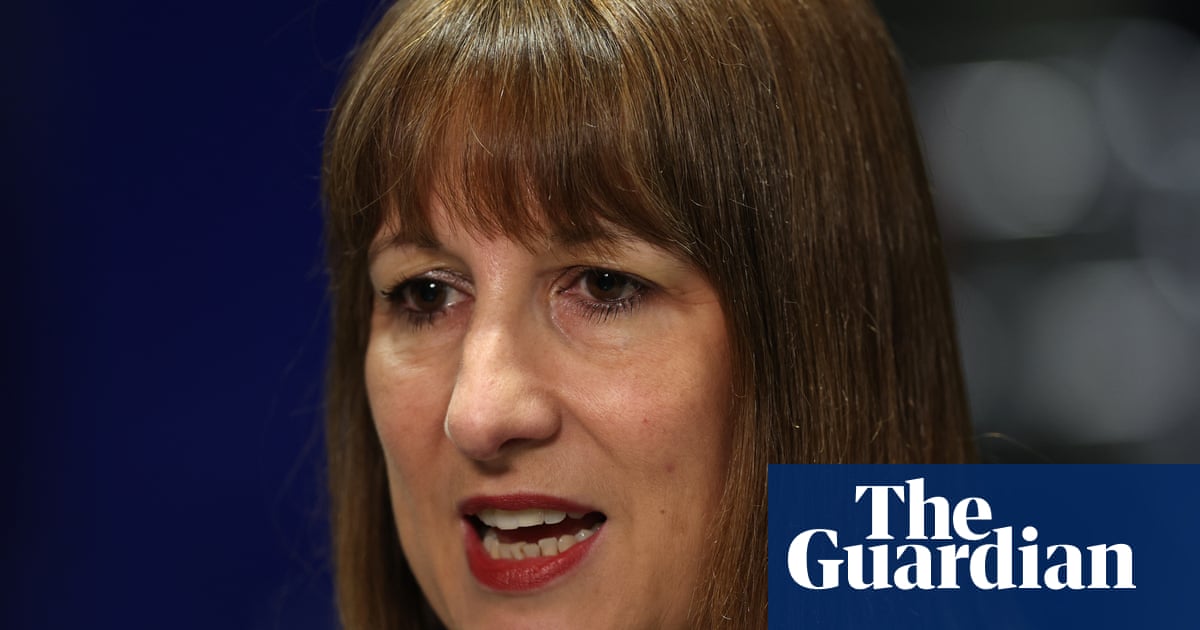Rachel Reeves’ local Labour party will call for the chancellor to abandon her plans to cut disability benefits as rebellion among MPs over the policy grows.
The Leeds West and Pudsey constituencyLabourparty (CLP), which campaigned to return Reeves to parliament last year as its MP, has agreed to write to her “as soon as possible” to make clear it does not support the cuts.
The Guardian has been told by a Labour source that the motion – at a meeting on Zoom on Thursday night – passed unanimously, with 30 delegates voting for and zero voting against or abstaining.
An earlier meeting of the CLP in April at the Villagers Community Club in Bramley inLeeds– which Reeves attended in person but left before the issue was discussed – reportedly had to be abandoned because there were not enough members present.
One source said: “It says something about the morale of the party that the original meeting didn’t even have enough people there to pass the vote. One would expect Labour members to be excited at the opportunity to meet with the chancellor less than a year into a Labour government.”
The government’s plans, set out in a green paper earlier this year, would reduce the eligibility criteria for personal independence payments (Pip), the main disability benefit in England. Restricting Pip would cut benefits for about 800,000 people, while the sickness-related element of universal credit is also set to be cut.
Opposition on Reeves’s home patch comes as the government faces a rebellion from its backbenchers over the plans. About 100 Labour MPs, more than a quarter of the party’s parliamentary numbers, are reported to have signed a letter urging ministers to scale back the benefit cuts, according to media reports.
Some MPs have expressed resentment at how the leadership is said to be handling opposition to the changes. One newly elected MP said: “There hasn’t been any real attempt at engagement. It’s been left to backbenchers to hustle for a meeting. They almost see it as a virility test. It’s not helpful politics.”
Relations have been further strained after a highlycritical letter published in the Guardian last week– in which 42 MPs told the prime minister that planned disability cuts would be “impossible to support” – did not get a response from Keir Starmer’s office.
The MP added: “You’d think the leadership would say: ‘I’m a bit pissed you went to the papers but let’s talk about what you said.’ No one has made any overtures.”
There is understood to be unrest among newly elected MPs who feel they are being expected to defend policies they were not elected for while not being allowed any input.
One MP said: “Unless the government comes up with the idea, it doesn’t count. It’s a case of the new intake thinking: ‘I haven’t realised I’m irrelevant.’”
Another senior backbencher said: “I strongly think No 10 see the PLP as a problem to be dealt with. The advisers around Keir think the PLP is an inconvenience of government.”
The government said the proposals could recover £5bn a year from the welfare budget by the end of the decade.
When asked last week what her message to concerned Labour backbenchers was, Reeves said: “I don’t think anybody, including Labour MPs and members, think that the current welfare system created by the Conservative party is working today. They know that the system needs reform. We do need to reform how the welfare system works if we’re going to grow our economy.”
